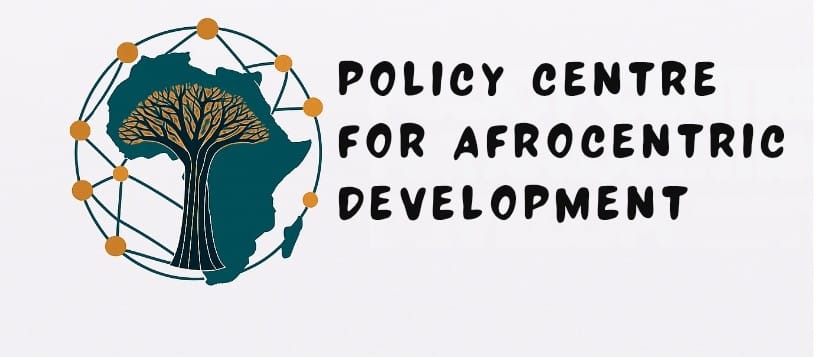Decolonisation
Reclaiming Knowledge, Culture, and Development Sovereignty
Despite the formal end of colonial rule, many of Africa’s key institutions—its education systems, governance structures, legal frameworks, and even conceptions of development—remain deeply shaped by colonial logic. Decolonisation is not just a historical process; it is a continuing imperative. It involves dismantling the lingering systems of domination, dependency, and epistemic erasure that continue to undermine Africa’s ability to define its own future.
Across the continent, development has been too often approached through externally imposed models—grounded in Western historical experiences, driven by outside priorities, and evaluated using foreign metrics. This has led to the marginalization of African knowledge systems, values, and cultural identities. It has also contributed to policies and institutions that fail to resonate with the realities of African societies.
Our Perspective
At PCAD, we see decolonisation as a process that demands intellectual, cultural, and institutional liberation. It entails reclaiming the power to define development, to educate from within African traditions, and to assert Africa’s rightful place as a producer of knowledge and shaper of global narratives.
Colonialism disrupted African modes of knowing, governing, educating, and organizing society. In its place, it imposed external standards, suppressed indigenous knowledge, and reconfigured African identities to serve imperial interests. Many of these structures remain intact: legal systems that alienate rather than serve; education systems that privilege foreign models; and development frameworks that continue to centre external interests over local empowerment.
PCAD believes that development must begin with the affirmation of African knowledge, values, and culture. This means challenging the dominance of Eurocentric worldviews, resisting externally imposed solutions, and cultivating intellectual self-determination.
Our Areas of Work
Critical analysis of colonial legacies in development thinking
Including in policymaking, education, and governance systems
Research and advocacy on cultural identity and epistemic justice
Reclaiming African narratives, symbols, philosophies, and histories
Facilitation of dialogue and reflection
Creating platforms for intellectual exchange, cultural revitalization, and the reimagining of Africa’s development future
Schedule a call
Connecting the Dots
Decolonisation is not a standalone agenda—it is a cross-cutting imperative that underpins all dimensions of development in Africa. The continued dominance of colonial knowledge systems, institutional structures, and cultural hierarchies has profound effects on governance, education, economics, and the environment.
Without decolonisation, governance systems remain alien and unresponsive, rooted in foreign legal and political models that exclude rather than empower. Economic transformation becomes impossible when policies are shaped by external interests, and when African labour, land, and knowledge are continuously devalued. Environmental harm intensifies when communities are denied traditional custodianship and are excluded from decisions affecting their land and resources.
Perhaps most critically, development itself remains distorted when it is defined, measured, and evaluated through foreign lenses. A colonised mindset disables collective agency, fragments identity, and normalizes dependence—making people feel like outsiders to their own development processes.
Decolonisation reconnects the dots: between identity and agency, between education and empowerment, between history and justice. It provides the foundation for reclaiming voice, rewriting narratives, and rebuilding institutions that reflect Africa’s realities, serve its people, and affirm its worth
Our Goal
PCAD’s goal is to support the dismantling of colonial legacies and the construction of development systems rooted in African values, knowledge, and agency.
We work to restore intellectual, cultural, and institutional sovereignty by challenging imposed models, reviving African worldviews, and advancing self-defined approaches to development. Our aim is to contribute to a future in which Africa confidently defines its own priorities, narrates its own stories, and builds systems that affirm the dignity, creativity, and aspirations of its people.
Stay Ahead.
Subscribe for Expert Insights.
You can unsubscribe at any time using the link in the footer of our emails. View our Privacy Policy.
